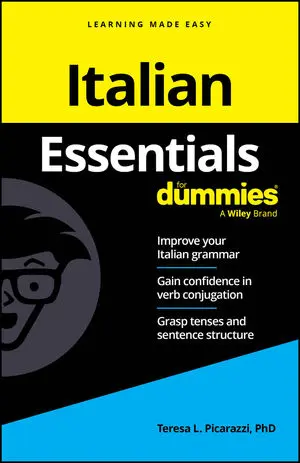In Rome, the Bocca della Verità (Mouth of Truth) encourages you to conjugate the present perfect indicative of the Italian verbs essere sincero/a (to be sincere/honest/truthful) and mentire (to lie).
The Mouth of Truth is a carved marble mask of a deity or faun. Its fame stems from a sinister legend of the Middle Ages. In that period, men and women accused of sins had to place their hand inside the stone mouth. If guilty of lying, the monument would devour their hand.
It seems that the judges organized the mutilation in advance by having an accomplice hidden behind the sculpture, ready to cut hands if they thought the accused was guilty. Although this tale is just a popular myth, even modern-day skeptics are likely to experience some anxiety the first time they slide their hand into the mouth of truth!
Guilty or not guilty? Get ready to state your case:
essere sincero/a (to be sincere/honest/truthful):
io sono sempre stato/a sincero/a (I have always been truthful)
tu sei sempre stato/a sincero/a (you [inf.] have always been truthful)
lui/lei/Lei è sempre stato/a sincero/a (he/she/you [form.] have always been truthful)
noi siamo sempre stato/a/i/e sincero/a/i/e (we have always been truthful)
voi siete sempre stato/a/i/e sincero/a/i/e (you have always been truthful)
loro/Loro sono sempre stato/a/i/e sincero/a/i/e (they/you [form. pl.] have always been truthful)
mentire (to lie):
io non ho mai mentito (I have never lied)
tu non hai mai mentito (you [inf.] have never lied)
lui/lei/Lei non ha mai mentito (he/she/you [form.] has never lied)
noi non abbiamo mai mentito (we have never lied)
voi non avete mai mentito (you have never lied)
loro/Loro non hanno mai mentito (they/you [form. pl] have never lied)






